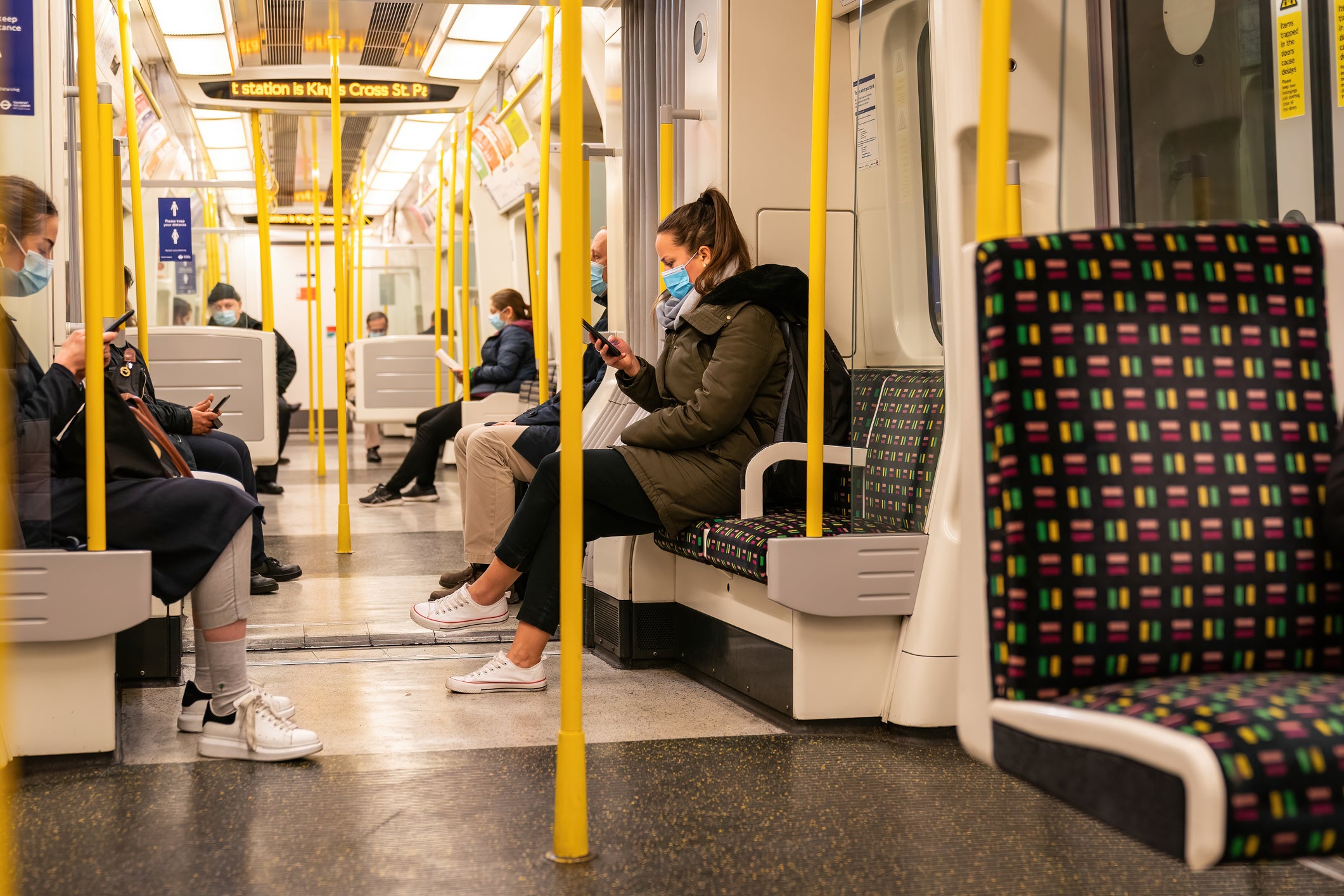London, Manchester and Birmingham ranked three most expensive cities in Europe for public transport
Study of 36 major cities across continent found England’s biggest at the bottom in terms of affordability

Englands three largest cities are also the three most expensive in Europe for public transport, a new study has found.
London, Manchester and Birmingham occupied the three bottom spots in a ranking of 36 metropoles by affordability.
Researchers looked at each city and compared the price of a monthly travel pass to the average household budget.
London ranked bottom with its £167 zone 1-3 price cap taking up 9.6 per cent of average household budget.
By contrast an equivalent pass in Copenhagen, the most proportionally affordable city, takes up just 1.3 per cent of a local resident’s household budget. A 30-day commuter pass costs 620 Danish Krone (£69), while residents enjoy some of the highest incomes in Europe.
Manchester and Birmingham fared little better than London, with Manchester’s monthly System One travel card weighing in at £126 and Birmingham’s TfWM zone 1-3 card costing £105. These account for 9 per cent and 7.9 per cent of household budgets respectively.
The UK government subsidises urban public transport far less than most European countries, with the cost of bus and rail increasing in recent decades, while the cost of motoring has fallen.
In the capital, the government has scrapped regular day-to-day subsidies for Transport for London and requires the operator to cover its costs.
Rail fares are set to increase a further 3.8 per cent next week, while London tube and bus fares will go up by 4.8 per cent. Meanwhile the government has frozen fuel duty since 2009, forgoing around £46bn in revenues.
In Paris, just 2.3 per cent of household income is required for an equivalent public transport ticket. A monthly pass giving free travel on all public transport in the wider Paris region costs just €75 (£62).
Brussels, meanwhile, demands 2.4 per cent, where a regional public transport pass costs €55 (£45). Rome’s ticket costs 2.5 per cent of household income, while Amsterdam’s is 3.6 per cent and Berlin’s is 3.9 per cent.
But London fared well in another metric: access to public transport. Inner London has 10.7 stations and stops per square km, behind only Paris and Lisbon. Manchester and Birmingham respectively ranked 17 and 10 out of the 36 cities studied by this metric, roughly in the middle of the pack.
Oliver Lord, UK head of Clean Cities Campaign, which produced the report, said: “The only way to address our air pollution and climate crisis is to ensure public transport is a cheap, reliable and accessible alternative to the car.
“Our new report shows that UK cities have the least affordable public transport in Europe, which will inevitably get worse given this government’s decision to increase fares in a cost of living crisis.
“This government should be helping, not hindering, our cities to play their role in meeting the UK’s clean air and climate goals.”
Paul Tuohy, chief executive of Campaign for Better Transport, said: “This report makes clear the link between the cost of public transport and efforts to decarbonise transport, and must therefore act as a wake-up call for the UK government.
“We currently have a situation where it is often cheaper to drive or fly short distances than take the train or the bus, whereas the greenest option should always be the cheapest.
“We need more affordable public transport to help us achieve the government’s vision, where public transport, cycling and walking are the first choice when it comes to transport.”
A Department for Transport Spokesperson said: “Public transport in the UK is some of the best in the world and we will continue to build on the strong, green credentials thanks to our Transport Decarbonisation Plan, working towards a cheaper, cleaner and more accessible transport network.”
Join our commenting forum
Join thought-provoking conversations, follow other Independent readers and see their replies
Comments
Bookmark popover
Removed from bookmarks